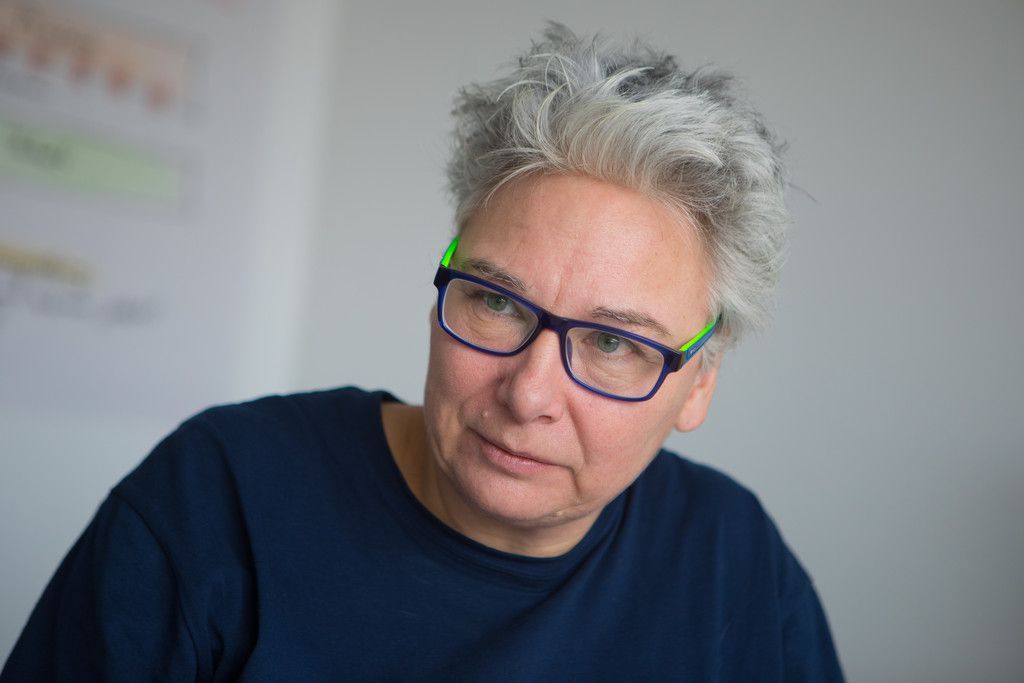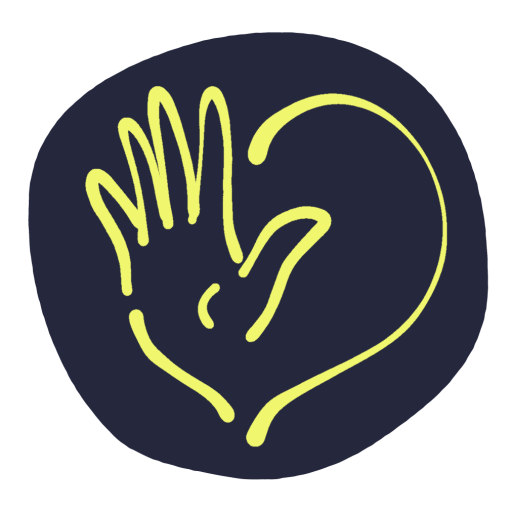Menu

MICHAELA FRIED
Lecture
Not to Go is a No Go: Embracing Nonviolant Resistance and Authority for Global Transformation.
Drawing on experiences from challenging environments like the Gaza Strip, this keynote explores the practical applications of Nonviolent Resistance (NVR) principles, as developed by Haim Omer and practiced by our NGO Bridges for Hope and Peace (B4HP). Amid the enduring conflict between Israel and Gaza, our approach is grounded in ‘multipartial loyalty’, committing to neither side but to peace itself. We strive to remain centered, resisting violence and fostering dialogue by mentalizing the profound suffering endured by individuals across diverse backgrounds. While the perception of bravery often surrounds work in such intense contexts, the true essence lies in the necessity and urgency of action-choosing to set an act (Lacan), rather than merely acting out in countertransference (Freud). These elements compel us toward involvement, challenging traditional notions of courage. This presentation delves into how NVR can serve as a powerful tool for presence and resistance, providing a framework for individuals and communities to initiate meaningful change from within. Each commitment to act, in the Lacanian sense, represents a radical break with the existing order, a transformative step that reshapes family authority and community structures in places like Gaza. It simultaneaously positions us, the practitioners, as crucial contributors in global discussions about the conflict, without judging or demonizing the conflict partners.
Biography
Michaela’s medical areas of expertise are childpsychiatry and paediatrics. She is a certified psychotherapist and trauma therapist and has completed NVR- basic and advanced training courses in Tel Aviv. As contractual partner of the Institut für Neue Autorität (INA) in Austria, Michaela is assimilating NVR methodologies as supervisor and coach in schools, foster homes, families and in inpatient child psychiatric facilities. Before her official retirement, Michaela was medical director of HPZ Rust, a therapeutic center for indoor treatment of children aged 6 to 16 years and deputy medical director of an outpatient department at PSD Eisenstadt/Burgenland. She has been involved in social projects in Europe and abroad, including voluntary humanitarian work with terminally ill people (UK), war refugees (former Yugolslavia, Macedonia, South Sudan, Gaza and Greece ) in mission with several NGOs. Michaela is Country-Program Co-ordinator of Bridges for Hope and Peace (B4HP).

